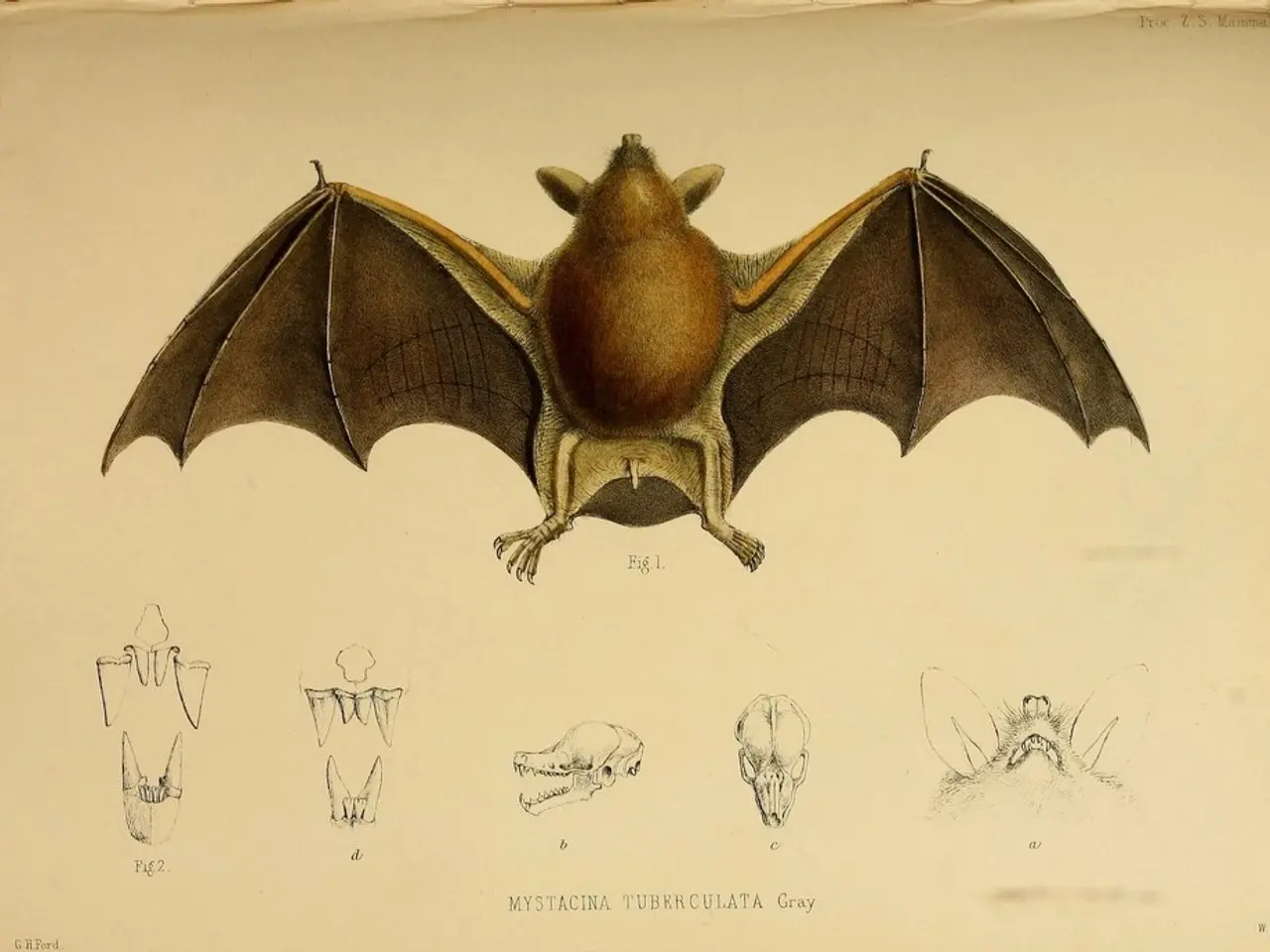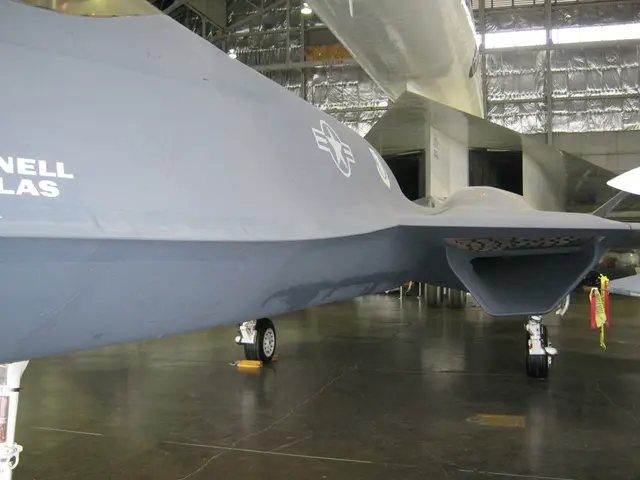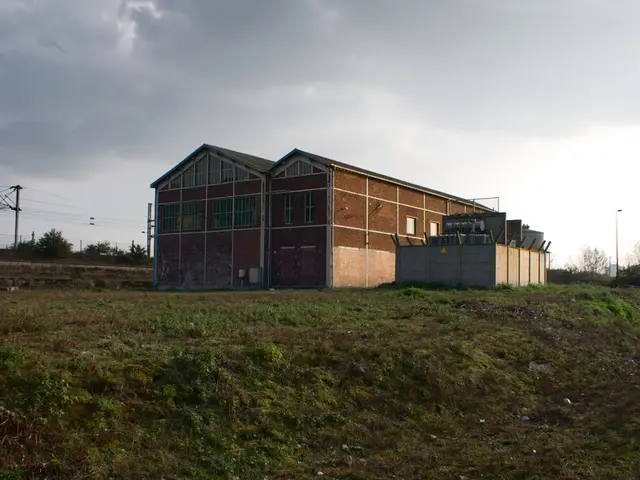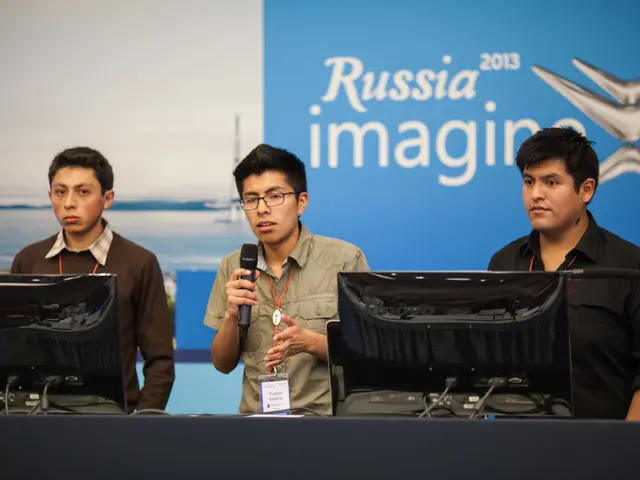Epsilon to team up on procuring battery materials for electric vehicles outside of China
In a significant move to bolster India's electric vehicle (EV) industry and address global supply chain anxieties, Epsilon Advanced Materials is investing a substantial sum of ₹15,350 crore (~$1.4 billion) in Karnataka. The investment will be used to develop a state-of-the-art manufacturing and research facility, focusing on electric vehicle battery materials, battery testing, and advanced materials research and development.
The new facility aims to address the challenges faced by Indian companies in sourcing non-China EV battery materials, particularly lithium iron phosphate (LFP) cathode materials. China currently dominates over 90% of the global processing capacity for graphite anode and cathode materials used in electric vehicles, leading to increased concerns about supply chain dependencies.
Epsilon Advanced Materials, a battery materials manufacturer, owns proprietary technology for manufacturing LFP cathode materials. The company is positioning itself as a reliable alternative to Chinese suppliers amid geopolitical tensions and export controls that threaten global battery supply chains.
To achieve this, Epsilon is actively forming strategic partnerships for non-China sourcing of EV battery materials, focusing on supplying high-quality anode and cathode components. The company plans to leverage its multi-continent manufacturing facilities in India, the USA, and Finland to achieve its capacity targets.
By 2027, Epsilon aims to produce 60,000 tonnes of anode materials, expanding to 220,000 tonnes by 2030. The company also targets 100,000 tonnes of cathode capacity by 2030. Notably, Epsilon emphasizes domestic value addition capabilities, with 100% for anode materials and about 60% for cathode materials within India.
This development coincides with India's efforts to establish a localized battery supply chain, reducing dependency on China for EV battery materials. The company's R&D facility is located in Germany, underscoring its commitment to innovation and technological advancement.
Recent restrictions by China on the export of crucial battery-grade materials and technologies have increased global concerns about EV industry supply chain dependencies. Epsilon Advanced Materials' investment in India and its focus on forming strategic partnerships outside of China are aimed at addressing these concerns and building a diversified, geopolitically resilient supply chain for EV battery materials.
Read also:
- Hematology specialist and anemia treatment: The role of a hematologist in managing anemia conditions
- Enhancing the framework or setup for efficient operation and growth
- Hydroelectric Power Generation Industry Forecasted to Expand to USD 413.3 Billion by 2034, Projected Growth Rate of 5.8% Compound Annual Growth Rate (CAGR)
- Increased tariffs resulting in higher prices at Shein and other Chinese fast-fashion retailers








